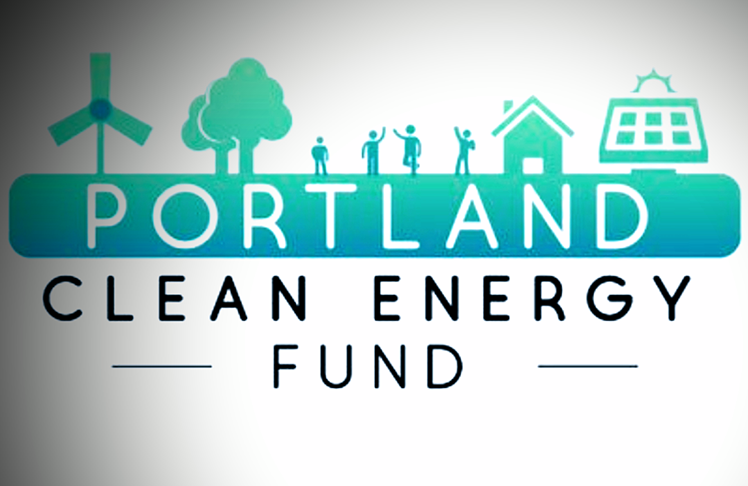
A powerful business group is asking about the Portland Clean Energy Fund’s ‘mismanagement and is urging city leaders to freeze spending. The Portland Business Alliance had heavy criticism of the city’s clean energy program as it begins to bankroll projects aimed to combat climate change. Nearly two-thirds of city voters approved a 1% tax on large companies to pay for carbon reduction projects, clean energy job training and sustainable agriculture programs with a particular emphasis on helping Portlanders of color.
The program plans to award up to $100 million by the end of this year which the business alliance blasted as financial malpractice. A city audit found the program has so far generated more than $185 million. That audit did not establish that there was any mismanagement.
“We are deeply disappointed by this blatant effort by the Portland Business Alliance and the wealthy corporations they represent to undermine a measure supported by 65% of voters and commandeer these funds to serve the interests of CEOs and corporate shareholders who are indeed enjoying record breaking profits,” said Marcus Mundy, executive director of the Coalition of Communities of Color. Marcus Mundy is well known for his attention to detail and standing for those usually left out.
Mundy, criticized the attack on the clean energy fund, claiming the business group was simply attempting to shirk its responsibility to take action on climate change and reducing carbon emissions. His group is part of a coalition of social justice and environmental organizations that helped to develop the fund.
The Portland Business Alliance President Andrew Hoan wrote a scathing letter to Mayor Ted Wheeler and all four city commissioners. The group unsuccessfully fought voter approval of the program in 2018. The business group also criticized the city’s Bureau of Planning and Sustainability, which oversees the clean energy fund, for its recent attempts to create a separate local carbon tax.
The clean energy initiative was created to help Portland residents facing the most severe impacts from climate change. It also prioritizes funding for nonprofits created and operated by members of historically marginalized communities. This includes Africans.















